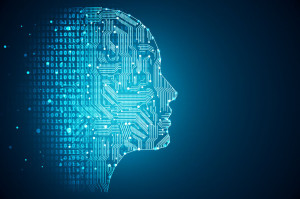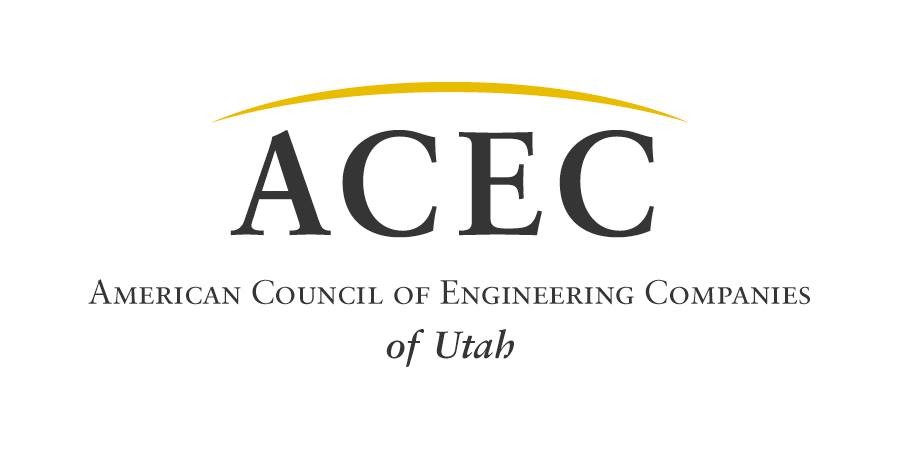AI is transforming the construction landscape
Artificial intelligence is entering into business conversations more frequently as each year passes. Many business owners and industry influencers are asking questions like, “how will AI benefit my business,” “how can I capitalize on the latest technology,” and “what’s the initial investment?” The most common question regarding AI among employees is “will a robot take my job?”
Professions like architect and construction manager won’t be replaced by robots any time soon, but the technology does present changes you should be aware of:
 Subjectivity is eliminated from the decision-making process
Subjectivity is eliminated from the decision-making process
In the future, AI-tools will take the subjectivity out of crucial decision-making processes. Once this is removed from the conversation, workflows will become quicker and more efficient, according to Hrishi Maha, data analytics leader at DPR for ENR.
Additionally, AI assistants will help out business owners by making predictions based on real-time data collection in the field. Once this data is collected, advice on project delivery and estimating processes are possible.
Job creation
“History shows that when machines took parts of jobs over they created high-level jobs in return.” – Ákos Pfemeter, Graphisoft
Thanks to past developments like building information modeling (BIM) and sensors, there is more opportunity for research and development, therefore creating more work.
Stronger market prediction
Keep in mind that the first publicly available machine learning tool for the construction industry is BIM360 IQ. This AI tool uses machine learning to predict subcontractor risk.
“It can advise the superintendent [manager] of the performance grades of subcontractors and their historic data to make sure he/she picks the right teams. All this is possible thanks to historic data of over 27 million documented issues from ten years of BIM field data that were used to ‘train’ the system,” according to Tatjana Dzambazova, AI strategist with Autodesk for Construction Manager Magazine.
Legal liability
There is one pressing problem with AI continuing to evolve in the construction industry. If at some point, AI becomes too complicated and a problem occurs, it’s difficult to assign human fault. That could present issues because 99% of construction risk is assigned on a fault basis. Experts say this will impact smaller firms more than their larger counterparts.
Artificial intelligence is an amazing tool and it’s here to stay. Make sure your business is taking steps to adapt and stay informed. One of the easiest ways to do that is by becoming a member of ACEC Utah. Visit our website to sign up today. http://acecutah.org.






